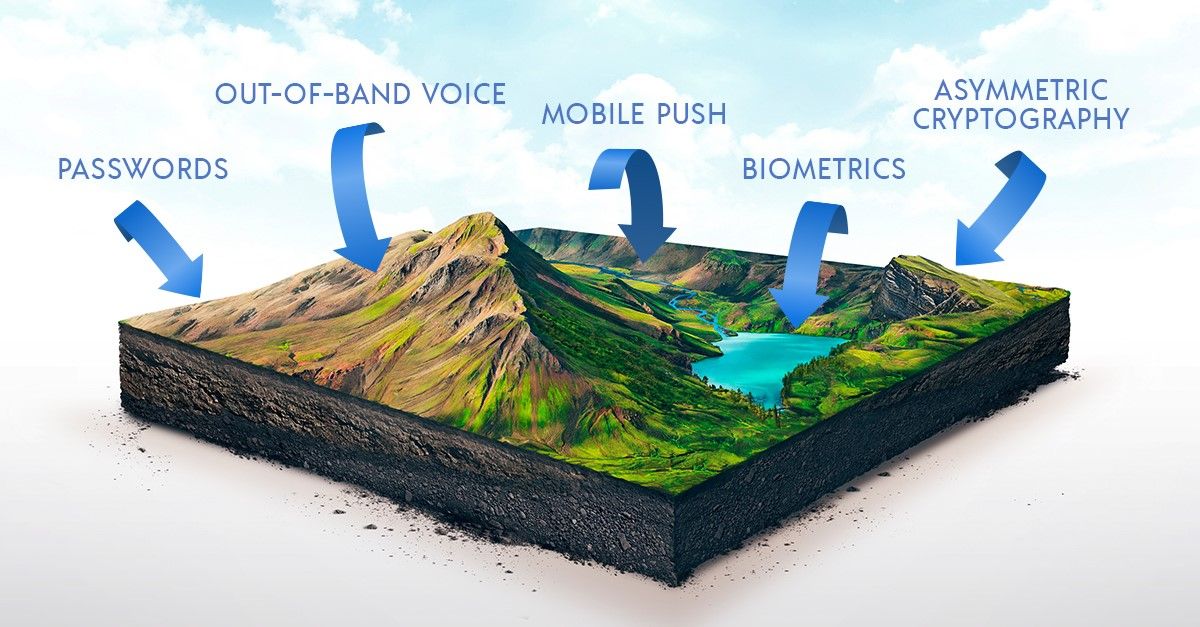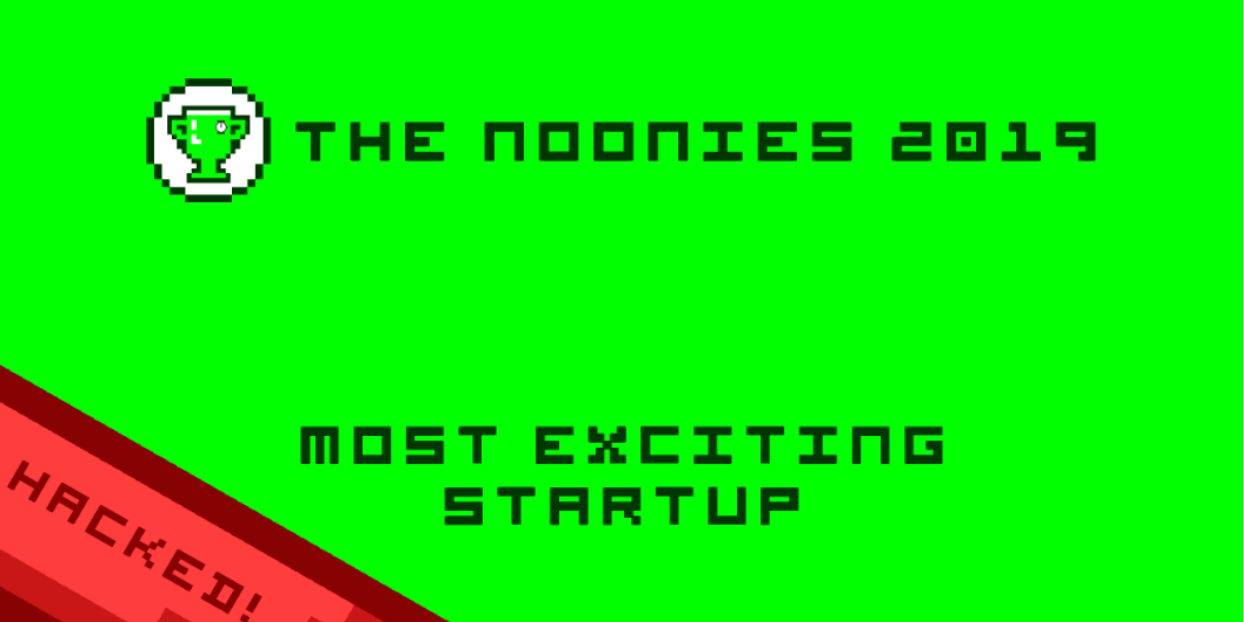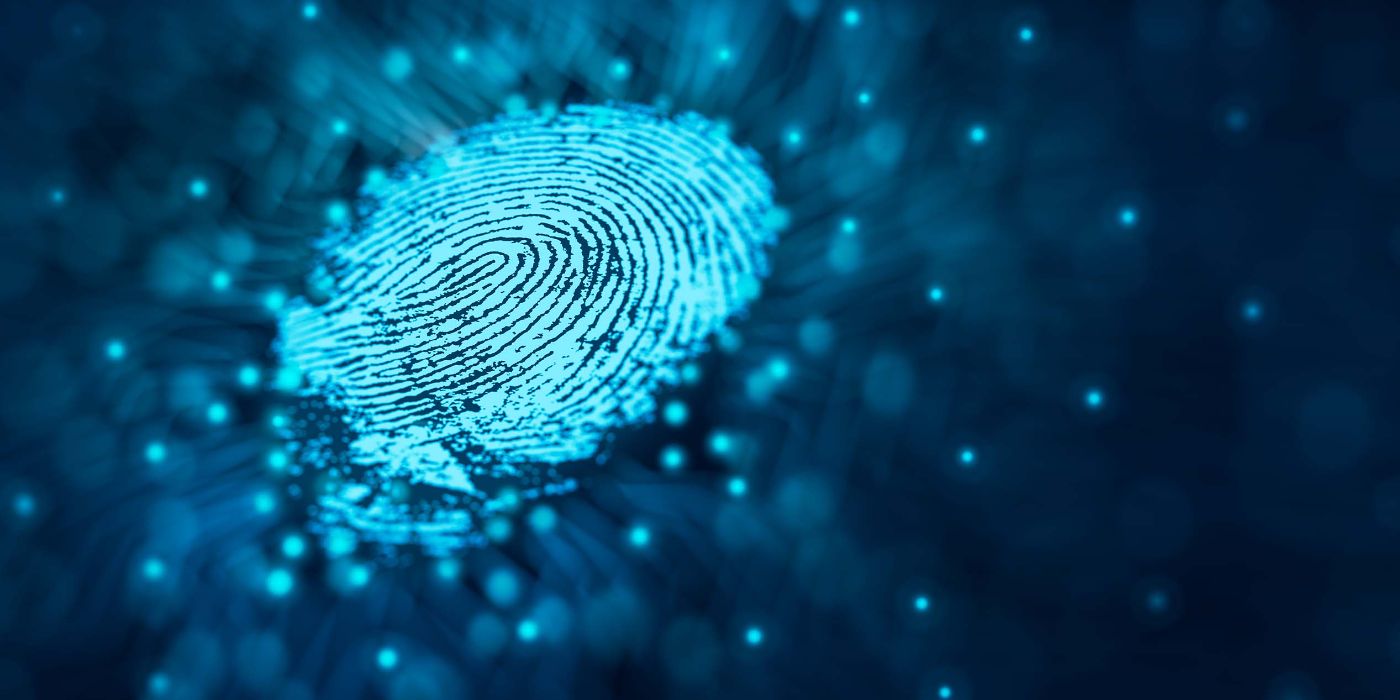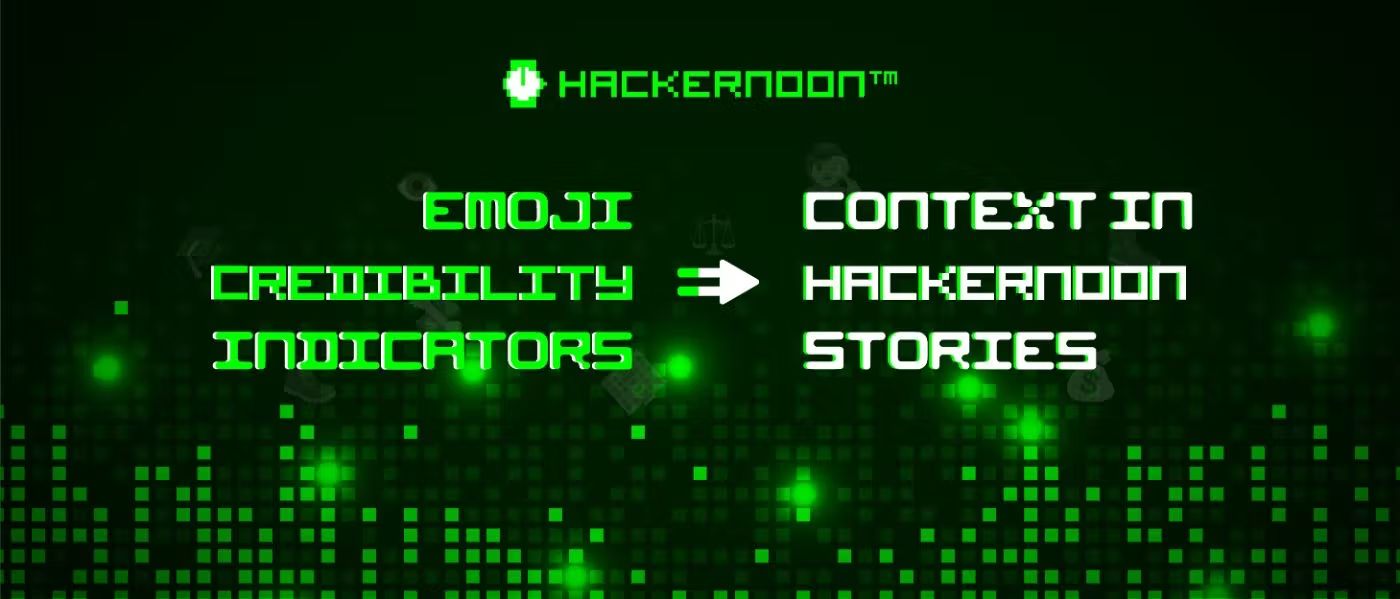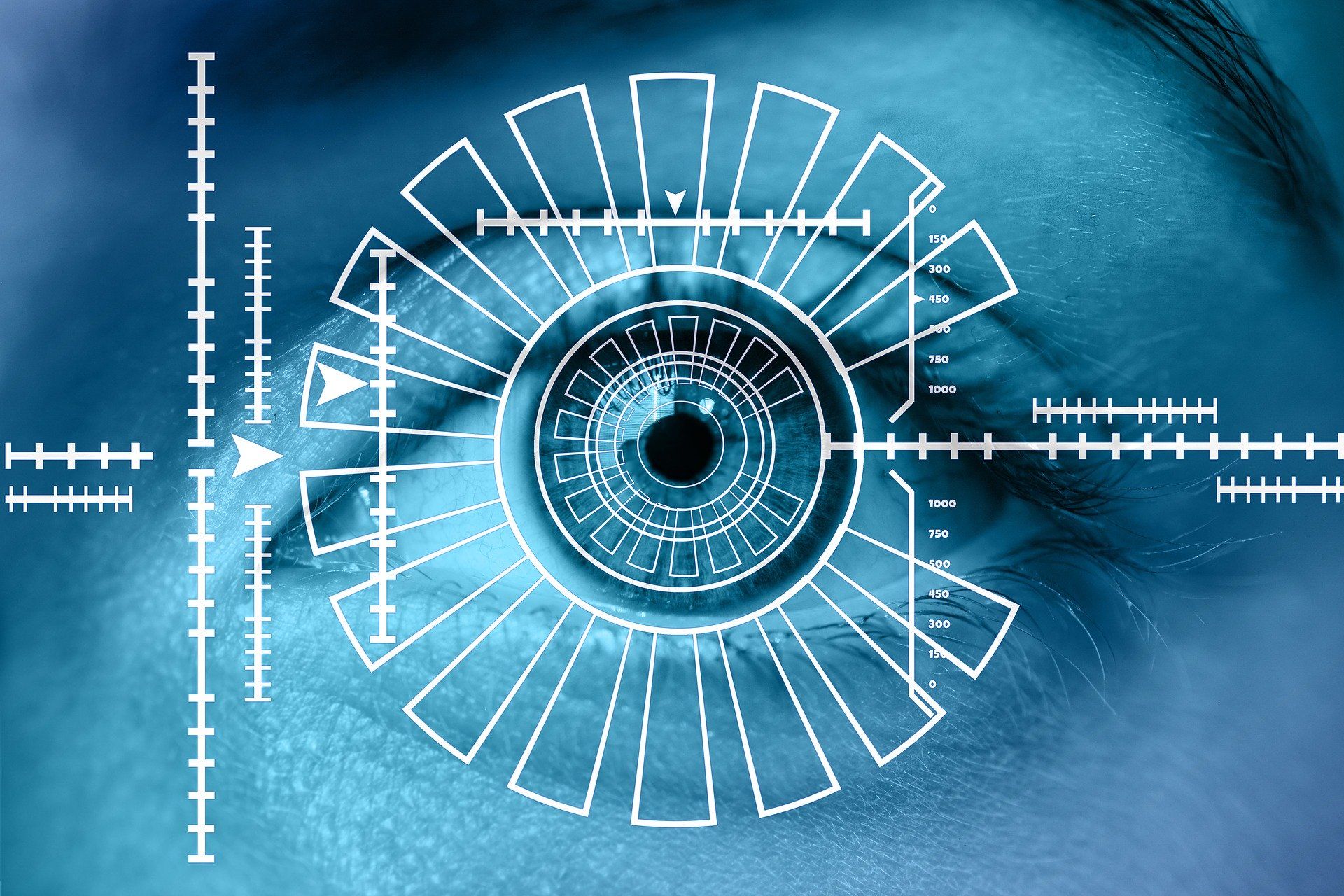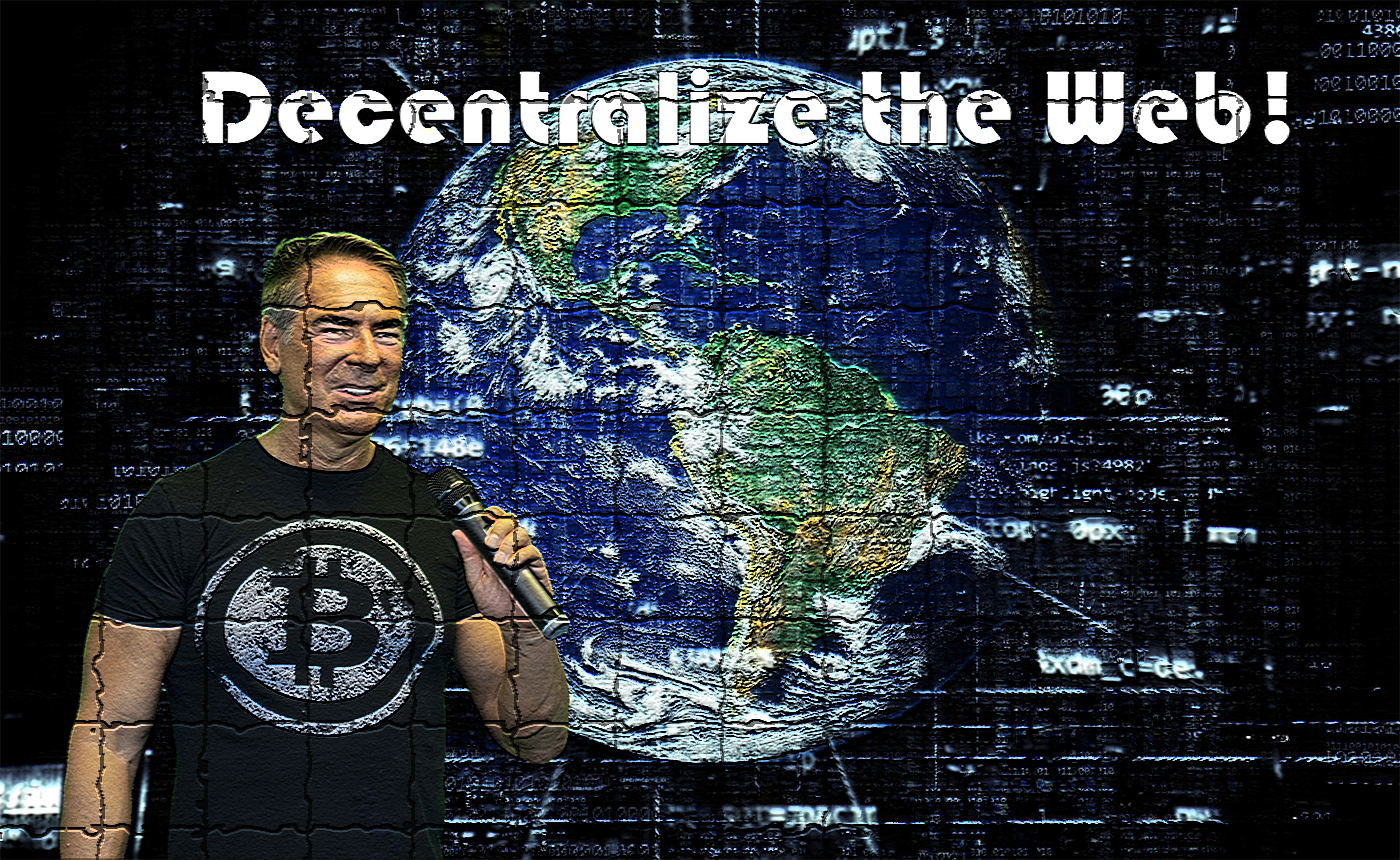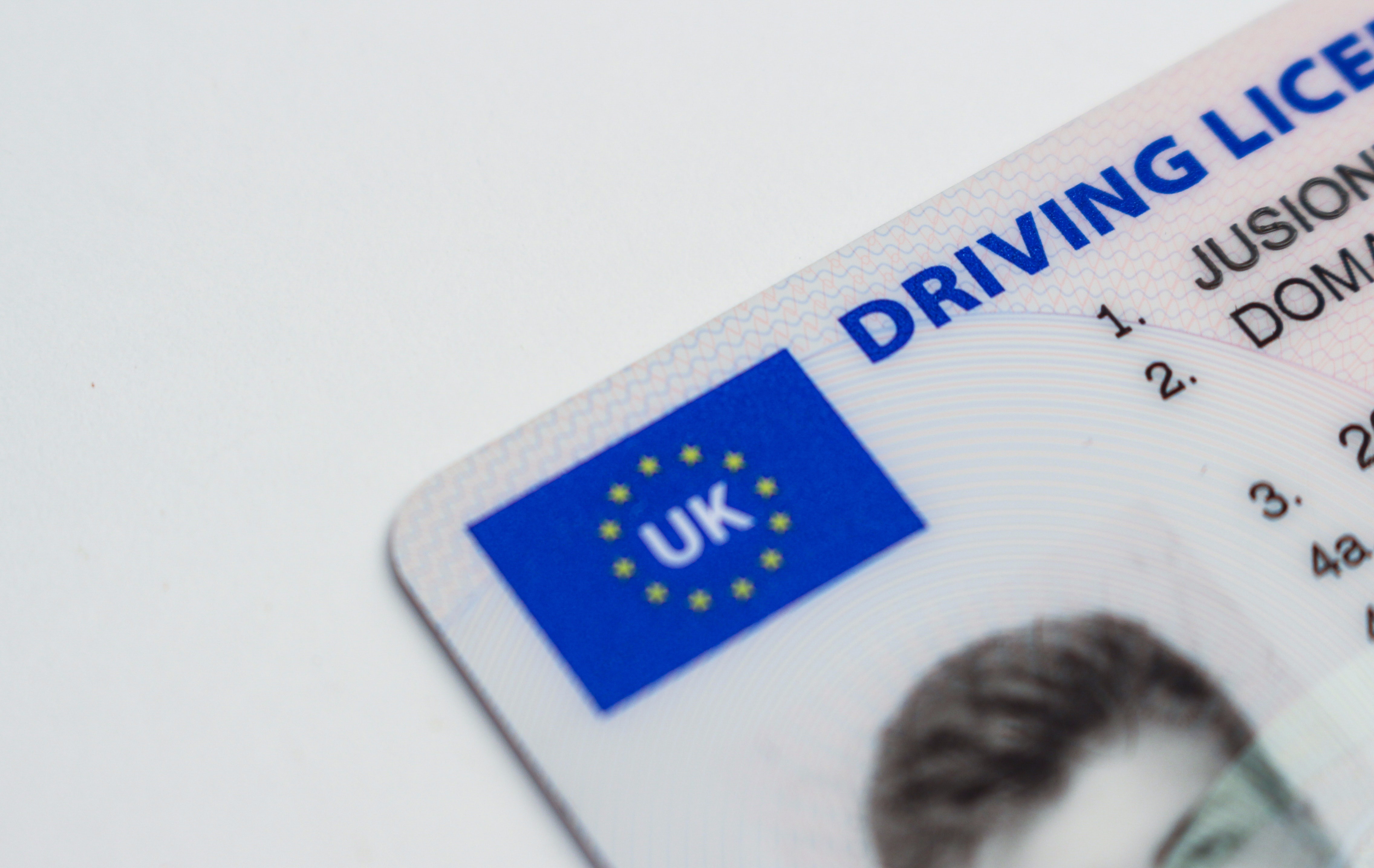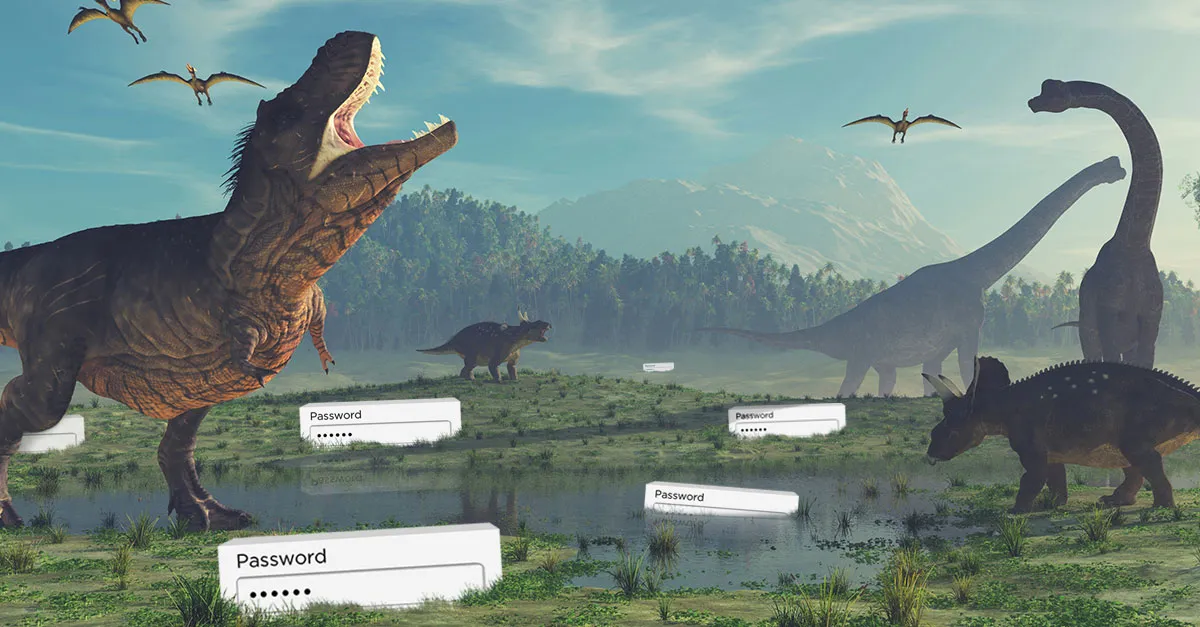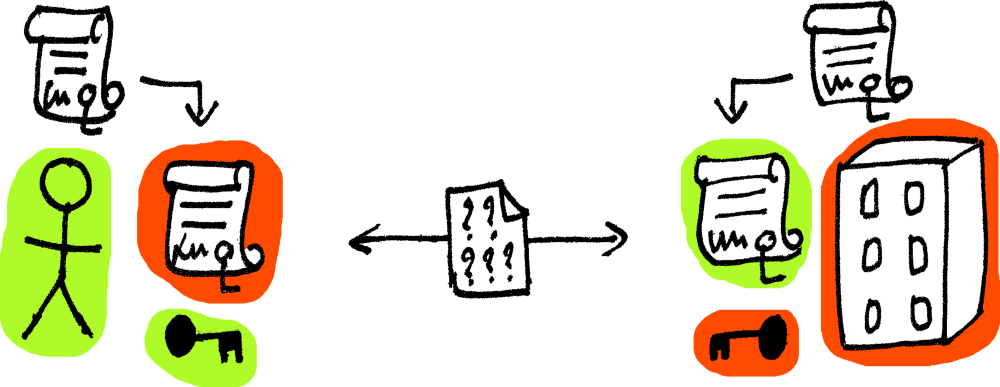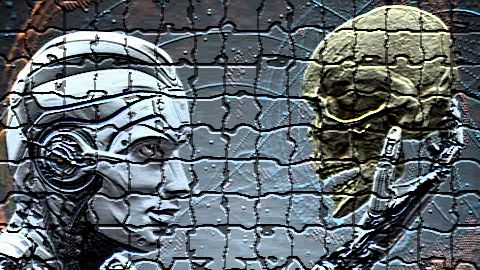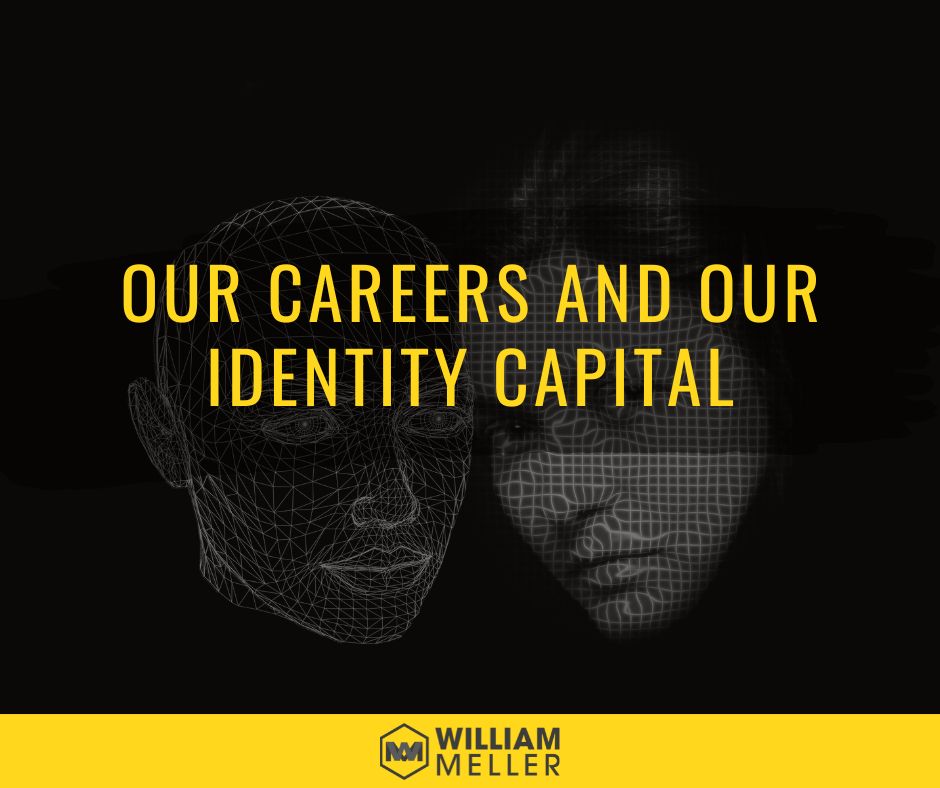
 Staying safe on the internet has grown harder over the past few years as both technology and hackers have developed. Recently though, hackers are gaining an edge by not just manipulating the tech, but by manipulating the users themselves. In 2018, weak or stolen passwords were tied to over 80% of security breaches and in 2019, there were over 150,000 security incidents and nearly 4,000 confirmed data breaches. In 2020 alone, more than 15 billion stolen credentials were up for sale on the dark web. All this data points out the fact that our current way of protecting data is flawed, but making a new way to protect it while still maintaining security and convenience is a high mark to hit.
Staying safe on the internet has grown harder over the past few years as both technology and hackers have developed. Recently though, hackers are gaining an edge by not just manipulating the tech, but by manipulating the users themselves. In 2018, weak or stolen passwords were tied to over 80% of security breaches and in 2019, there were over 150,000 security incidents and nearly 4,000 confirmed data breaches. In 2020 alone, more than 15 billion stolen credentials were up for sale on the dark web. All this data points out the fact that our current way of protecting data is flawed, but making a new way to protect it while still maintaining security and convenience is a high mark to hit.
 The internet grew without an identity layer, meaning it grew without a reliable way of knowing or verifying who you were connecting to which can be dangerous.
The internet grew without an identity layer, meaning it grew without a reliable way of knowing or verifying who you were connecting to which can be dangerous.
 Pivoting in your career is often something positive. Still, it can come with unexpected negative feelings.
Pivoting in your career is often something positive. Still, it can come with unexpected negative feelings.
 Decentralised identity is the Sign In With Google equivalent for the physical world, except you are in control of your data.
Decentralised identity is the Sign In With Google equivalent for the physical world, except you are in control of your data.
 Why NFT is a real revolution not only in the field of art but also in our digital identity.
Why NFT is a real revolution not only in the field of art but also in our digital identity.
 A cautionary tale of democracy online and why identity-based security is critical for elections large and small.
A cautionary tale of democracy online and why identity-based security is critical for elections large and small.
 Are you tired of all the BS out there on the internet? It's about to get A LOT worse. Dirt-cheap disinformation-as-a-Service campaigns are a thing now.
Are you tired of all the BS out there on the internet? It's about to get A LOT worse. Dirt-cheap disinformation-as-a-Service campaigns are a thing now.
 In the quest for self-expression we might as well hand over the keys to the AI because we clearly can't be trusted with it ourselves.
In the quest for self-expression we might as well hand over the keys to the AI because we clearly can't be trusted with it ourselves.
 As the cloud industry grew by leaps and bounds, it has become more compex, making it harder to keep data safe from hackers. Can Identity Management help?
As the cloud industry grew by leaps and bounds, it has become more compex, making it harder to keep data safe from hackers. Can Identity Management help?
 Identity needs a major re-think for Web 3.0. We need private and effective, dynamic authorization - but no, I am not talking about blockchain.
Identity needs a major re-think for Web 3.0. We need private and effective, dynamic authorization - but no, I am not talking about blockchain.
 The following best practices can help fintechs locate and approve new customers without friction or fraud while streamlining the customer journey.
The following best practices can help fintechs locate and approve new customers without friction or fraud while streamlining the customer journey.
 A unique summarization of Online Identity perspectives
A unique summarization of Online Identity perspectives
 Enterprises must not think twice before integrating themselves with AI-powered online identity verification processes to combat chargeback, counterfeits
Enterprises must not think twice before integrating themselves with AI-powered online identity verification processes to combat chargeback, counterfeits
 I wonder whether a person even identifies as a part of their said community in many cases. Different entities make communities as broad or narrow as they want.
I wonder whether a person even identifies as a part of their said community in many cases. Different entities make communities as broad or narrow as they want.
 Technology should serve humans. But when combined with the wrong business model, it can turn individuals into non-player characters in a game dominated by tech.
Technology should serve humans. But when combined with the wrong business model, it can turn individuals into non-player characters in a game dominated by tech.
 Amid all of the news related to the pandemic, COVID-19, and global fears about the future of our planet, something that managed to break the news around the world was a global hack on Twitter’s platform.
Amid all of the news related to the pandemic, COVID-19, and global fears about the future of our planet, something that managed to break the news around the world was a global hack on Twitter’s platform.
 When your nonprofit has a ton of identities, it can easily become a problem. Find out when your organization needs an identity solution.
When your nonprofit has a ton of identities, it can easily become a problem. Find out when your organization needs an identity solution.
 The following outlines premises required for a sustainable information management strategy in service of returning the World Wide Web fromthe tragedy of the commons.
The following outlines premises required for a sustainable information management strategy in service of returning the World Wide Web fromthe tragedy of the commons.
 A comprehensive work on how the biggest names in Identity Verification industry were tricked, trolled and fooled by a simple method.
A comprehensive work on how the biggest names in Identity Verification industry were tricked, trolled and fooled by a simple method.
 Hackers are also ordinary people who fear, worry, and feel ashamed of their atrocities
Hackers are also ordinary people who fear, worry, and feel ashamed of their atrocities
 Artificial intelligence (AI) is increasingly becoming a dominant part of everyday life. Whether you are aware of it or not, intelligent algorithms are all around us, trying to predict and understand you so they can help make your life easier in some way.
Artificial intelligence (AI) is increasingly becoming a dominant part of everyday life. Whether you are aware of it or not, intelligent algorithms are all around us, trying to predict and understand you so they can help make your life easier in some way.
 When designing an API, it's easy to use public types that denote resource identity to allow actions on a resource.
When designing an API, it's easy to use public types that denote resource identity to allow actions on a resource.
 Fernando Corbato pioneered the first computer password in 1960, being used as a personal point of entry on MIT's Compatible Time-Sharing System (CTSS). Just 2 years later, the CTSS was hacked and has been inspiring hackers ever since. There have been immense technological advancements since 1962 - how is it that today's hackers can get through 2-step authentication, biometrics, and security questions? Cryptographers predict a future that moves beyond passwords, but the issue seems to lie between cybersecurity and human nature.
Fernando Corbato pioneered the first computer password in 1960, being used as a personal point of entry on MIT's Compatible Time-Sharing System (CTSS). Just 2 years later, the CTSS was hacked and has been inspiring hackers ever since. There have been immense technological advancements since 1962 - how is it that today's hackers can get through 2-step authentication, biometrics, and security questions? Cryptographers predict a future that moves beyond passwords, but the issue seems to lie between cybersecurity and human nature.
 Identity is becoming less of a tool and more of a strategic framework to secure digital assets and protect data privacy.
Identity is becoming less of a tool and more of a strategic framework to secure digital assets and protect data privacy.
 In a previous article, we outlined investment opportunities in companies utilizing decentralized software solutions such as blockchains.
In a previous article, we outlined investment opportunities in companies utilizing decentralized software solutions such as blockchains.
 Exploring the W3C DID specification to enable Web3.0 identity solutions...
Exploring the W3C DID specification to enable Web3.0 identity solutions...
 Special thanks to Glen Weyl, Phil Daian and Jinglan Wang for review
Special thanks to Glen Weyl, Phil Daian and Jinglan Wang for review
 Identity capital is the accumulation of our personal assets, in other words, a culmination of things that make us who we are.
Identity capital is the accumulation of our personal assets, in other words, a culmination of things that make us who we are.
 In the context of public key cryptography, certificates are a way to prove the identity of the owner of a public key.
In the context of public key cryptography, certificates are a way to prove the identity of the owner of a public key.
